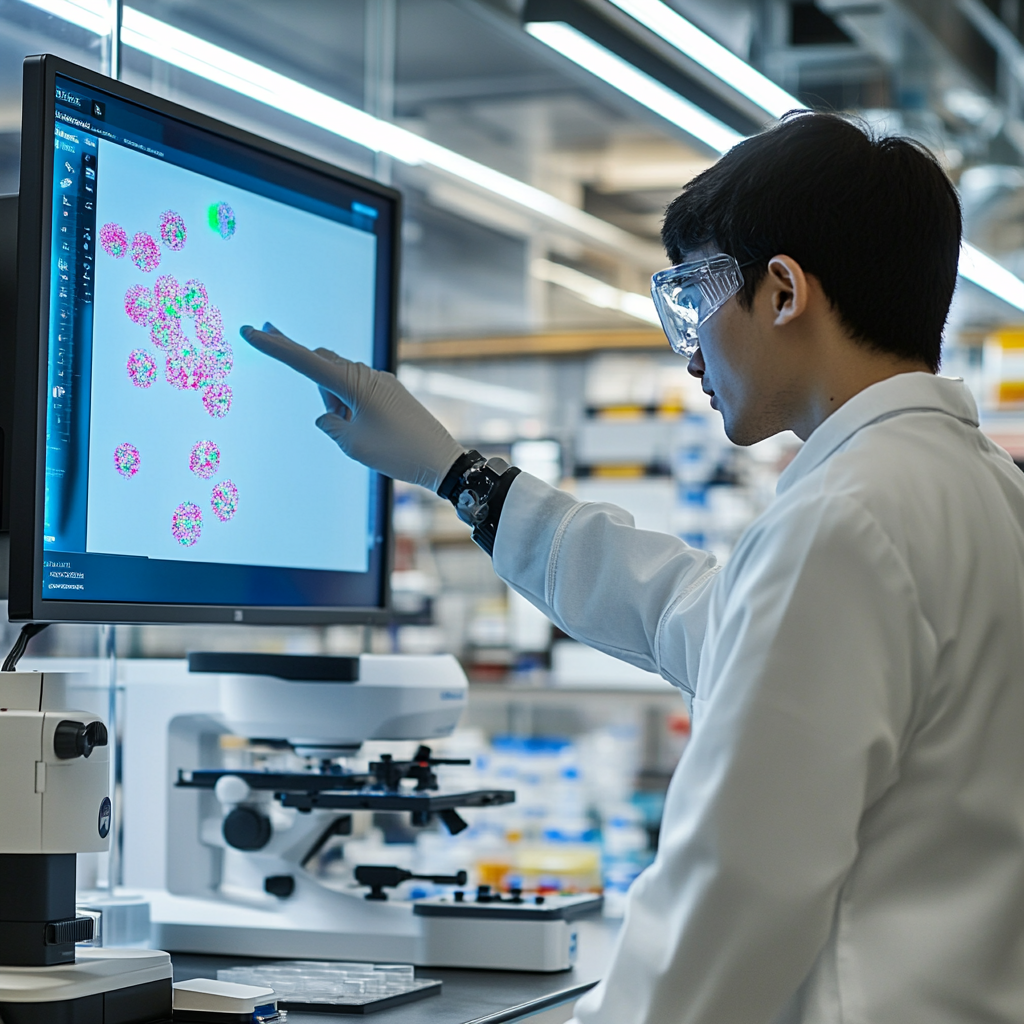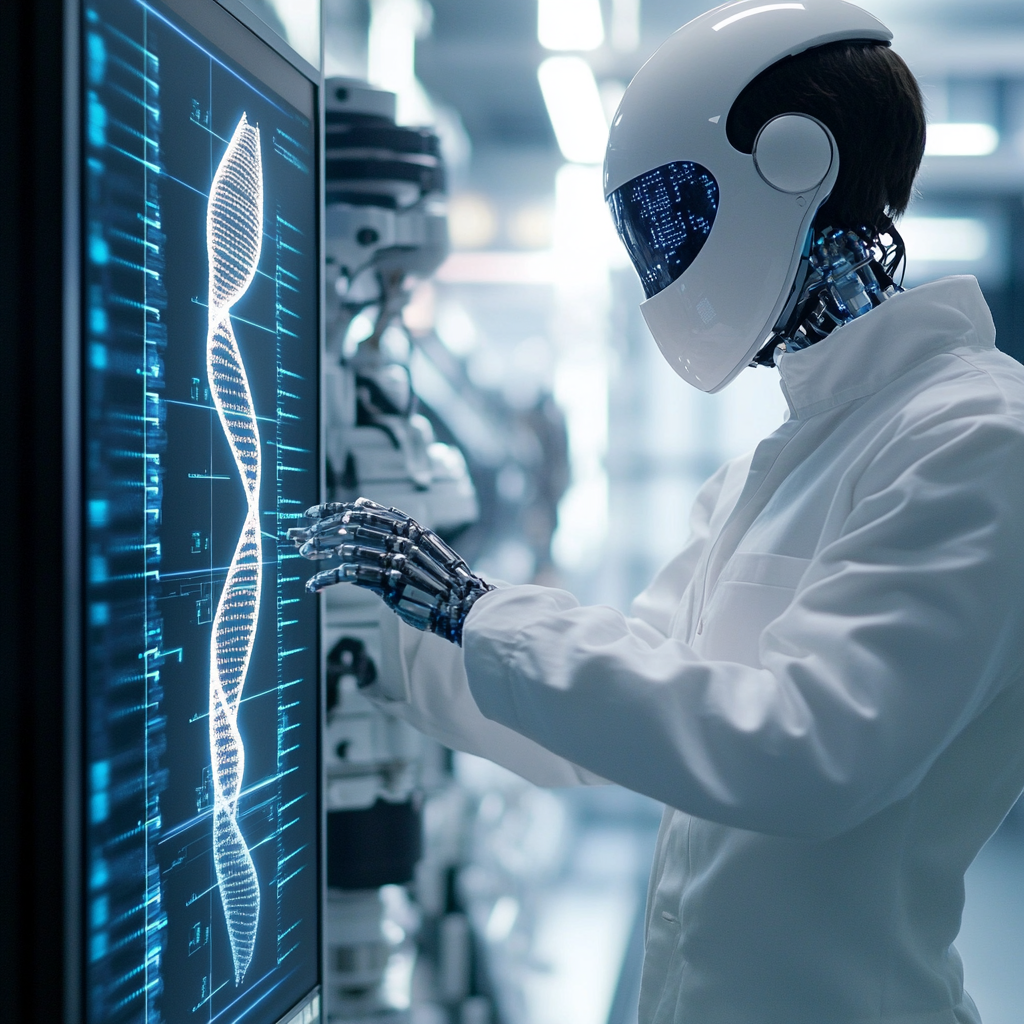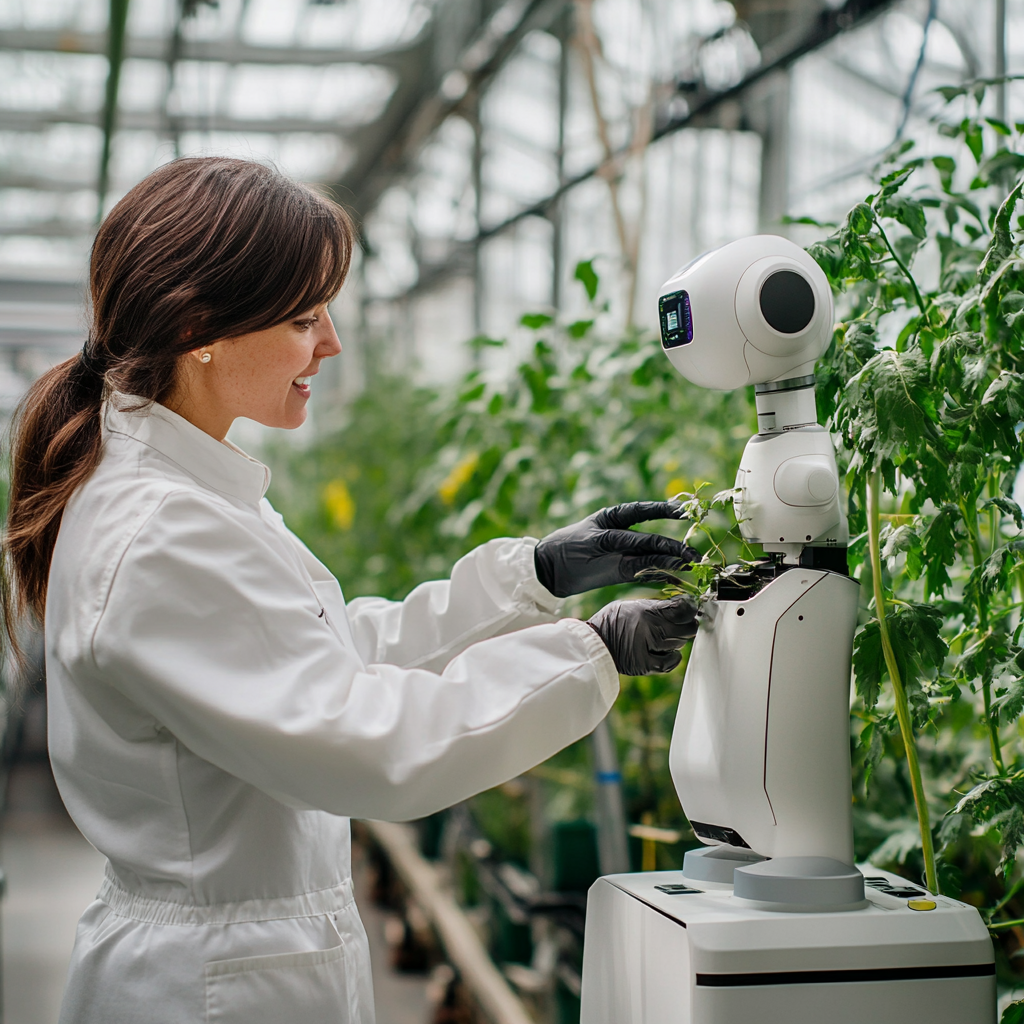Recommended AI tools for Biologists

User Rating:
★ ★ ★ ★ ★
AlphaFold is an AI system developed by DeepMind that predicts the 3D structure of proteins from their amino acid sequences. By leveraging deep learning, AlphaFold has revolutionized structural biology, providing highly accurate models that help researchers understand protein functions and interactions. This advancement accelerates drug discovery and offers insights into various biological processes.
User Rating:
★ ★ ★ ★ ★
IN Carta is a powerful image analysis software designed specifically for biological research. It uses advanced AI-driven algorithms to analyze complex cellular images with remarkable precision. By leveraging machine learning, IN Carta can automatically detect patterns, quantify cellular features, and provide deep insights into biological processes. This AI integration not only enhances the speed and accuracy of image analysis but also empowers researchers to uncover hidden details in high-throughput imaging experiments, facilitating more informed and efficient scientific discoveries.


User Rating:
★ ★ ★ ★ ★
Evo is an AI-driven platform that aids in the design and optimization of biological sequences. By employing machine learning algorithms, Evo can predict the effects of mutations and suggest modifications to enhance protein function or stability. This tool is particularly useful in protein engineering and synthetic biology applications.
User Rating:
★ ★ ★ ★ ★
SLEAP (Social LEAP Estimates Animal Poses) is an open-source software that uses machine learning to track animal poses in videos. It enables researchers to analyze animal behavior with high precision by automatically detecting and tracking body parts across frames. SLEAP’s AI capabilities streamline behavioral studies, reducing manual annotation efforts.


AutoBA
User Rating:
★ ★ ★ ★ ★
AutoBA is a tool designed to automate the analysis of behavioral assays in biological research. It employs AI algorithms to identify and quantify specific behaviors from video data, providing researchers with objective and reproducible measurements. This automation enhances the throughput and accuracy of behavioral studies.
